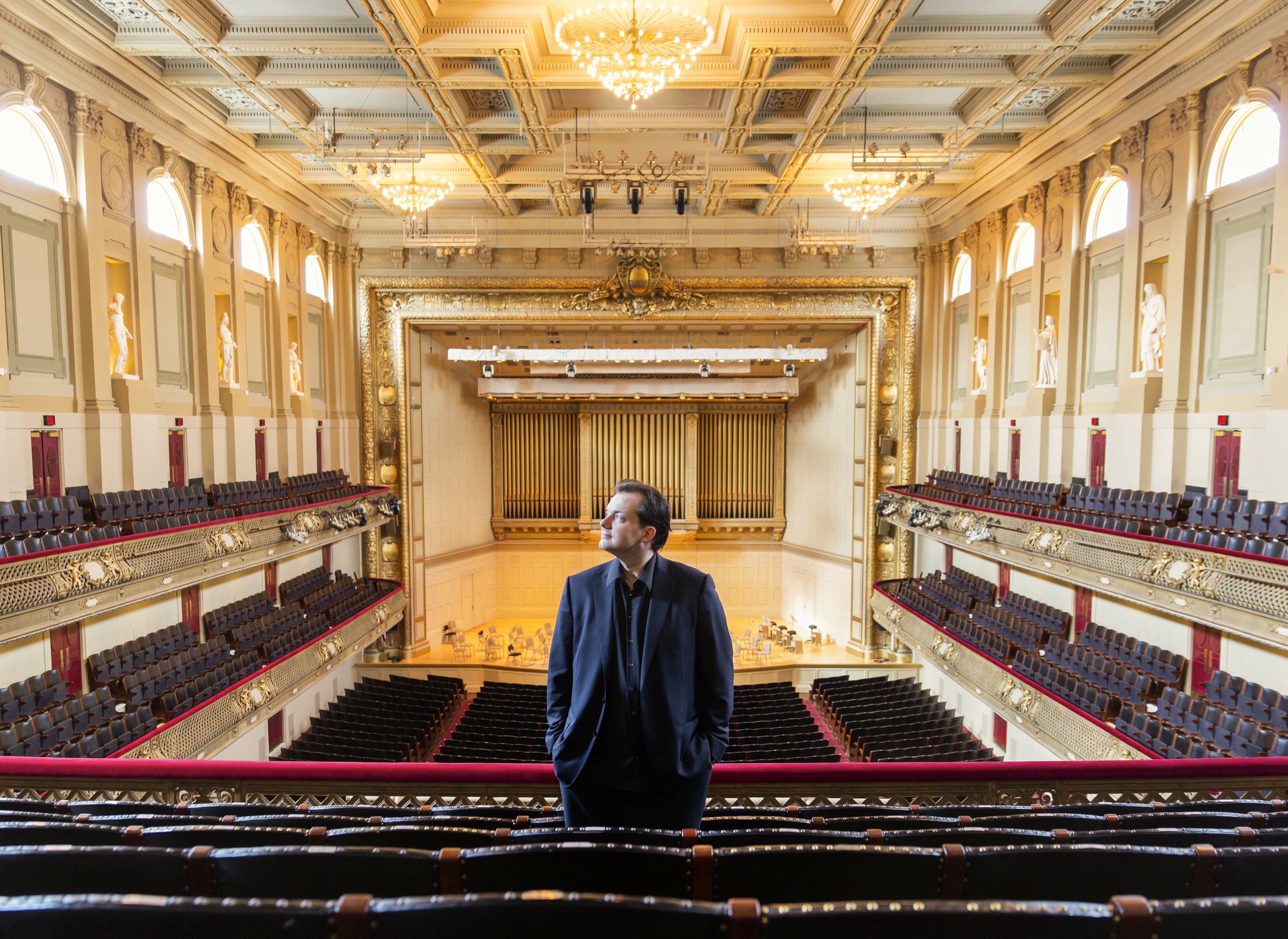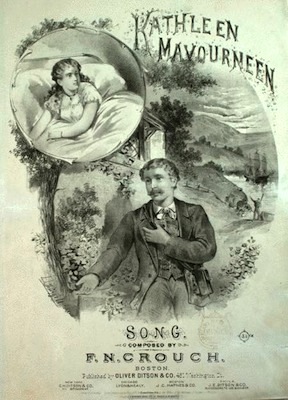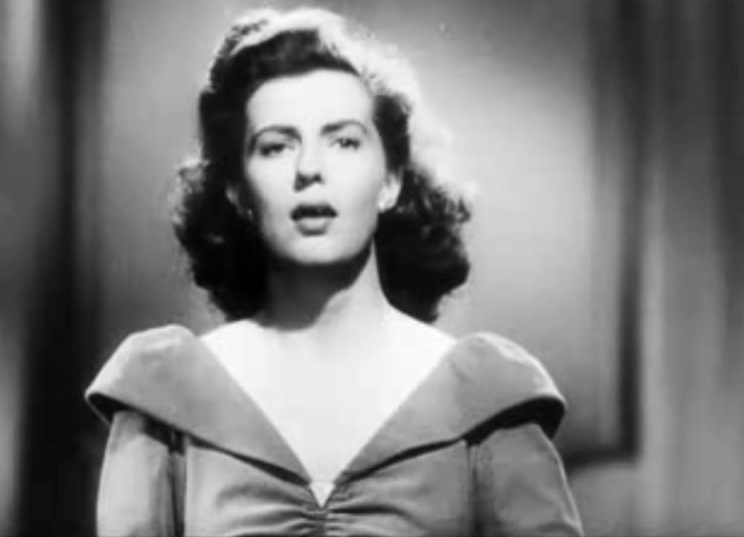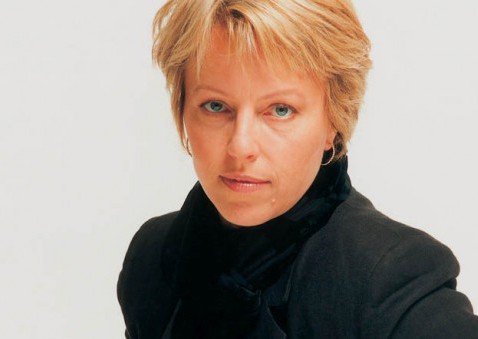
Category: Vocal and Choral
Cantor Meir Finklestein, Grant Geissman: “Kathleen Mavourneen”

Despite my Jewish surname, I had such a provincial, parochial, cloistered Irish-immigrant upbringing that when my mother’s aunts did not want the tykes to know what they were talking about, they spoke Gaelic.
Even better: As a precocious reader of the newspapers, I thought that I had figured out that Black Nationalist leader Malcolm X was, in reality, Pope Malcolm the Tenth.
Hey! I was a middle child! They never explained anything to me.
John XXIII, Malcolm X—they both were religious leaders who had Roman numerals instead of last names… .
Anyway, the sad Irish ballad that breaks the treacle meter (despite having been composed by an Englishman), is “Kathleen, My Darling.” In Gaelic, “Kathleen mo mhuirnín,” which Anglicizes to “Kathleen Mavourneen.” So, “Mavourneen” is not a family name (last name), but rather a term of endearment. I had always assumed it was a folk song, silly me. However, a quick look at the sheet music indicates otherwise; the melody takes slight turns here and there that are not really “folk-ish.” Actually, more like early-19th-c. German art music. Imitative of Irish or Scottish folk music, but still German art music. (FWIW & YMMV.)
Continue Reading →
Cai Thomas and the Bourne Ensemble: “Lascia ch’io pianga” (Handel)
Video
“Well, the Welsh do sing, do they not?” I murmured to myself, upon starting to listen to this rather astonishing performance. And when he got to the embellished repeats… I was not speechless!
The YouTube identifies the young “treble” (here in the US, we say “boy soprano”) Cai Thomas as Welsh; and, as far as I know, Cai is a very Welsh given name; but he appears to live in Surrey. He started singing in a local church choir at age seven; at age 12, a Kickstarter campaign made Cai’s début CD possible.
I first learned of Cai from classical-music publicist Sarah Folger, who sent me an email about an Arvo Pärt single-track release (“Vater unser,” Arvo Pärt’s setting of the “Our Father”) that was recorded under pandemic lockdown conditions, with Cai in the UK, and pianist Julien Brocal in Brussels.
More on the Handel aria, and on the Pärt piece, after the jump. Continue Reading →
Ella Fitzgerald: Always True to You (In My Fashion) (Cole Porter)
An obscure poem by the English Decadent poet Ernest Dowson provided the title for a famous novel (and its classic film version) as well as a punchy line from one of Cole Porter’s most innuendo-laden show tunes. The backstory is long but fascinating, so please bear with me. And there will be a little surprise for you at the end.
The above audio is from the 1956 Norman Granz sessions for Ella Fitzgerald Sings the Cole Porter Songbook. Much more after the jump. Continue Reading →
Tenebrae Choir: “Miserere mei, Deus” (Allegri)
Gregorio Allegri’s “Miserere” (Have mercy on me, Lord) is one of the most famous pieces of Late-Renaissance polyphonic a cappella choral music. Either despite or perhaps because of its difficulty, it is also one of the most frequently-recorded pieces of sacred music. The linked-to Wiki gives an excellent overview, so I encourage you to read it. In an interesting historical synchronicity, the most often-cited date for Allegri’s composition of the “Miserere” is 1638, the same year in which Roger Williams (the English lawyer and divine; not the 1950s-1960s lounge pianist) co-founded The First Baptist Church in America. Which was about as distant as one could get (at least within European civilization) from the creation of the “Miserere,” both geographically and culturally.
Another famous synchronicity or at least connection is that while on a tour of Italy, the 14-year old Wolfgang Amadeus Mozart visited the Vatican and heard the “Miserere” on a Wednesday and wrote it down from memory. He returned on Friday to check his work. Given that the “Miserere” had been the “secret piece” of the Sistine Chapel choir, one might have feared for the young Mozart. But, in the event, Pope Clement XIV was a good sport about it, later summoning Mozart to receive the Order of the Golden Spur. It is through the young Mozart’s sharing his work with colleagues that the piece became known throughout Europe; Liszt and Mendelssohn both transcribed it.
There is no shortage of very good performances of this work, and quite a few great performances. I am posting this particular video because it is (by far) the best performance video I have seen; indeed, it is slugged as “A Film by Jon Coates.” The singing is truly extraordinary. However, the pedant within me wishes to point out that in view of what I call “Musical Pitch Inflation” over the past 400 years, I think the consensus of scholars today is that the actual pitch that the solo singer in Mozart’s time sang at the climaxes would, on a modern piano, be a High B, not a High C. And I for one would have no problem with an historically pitch-correct performance.
# # #


